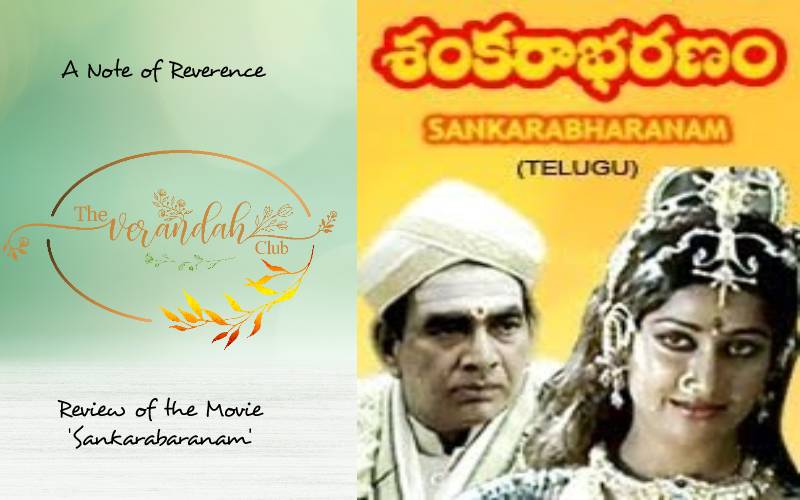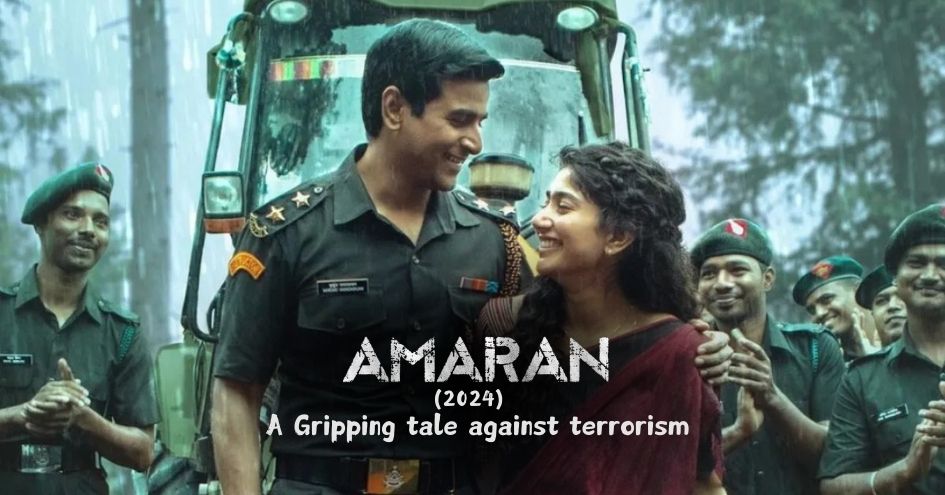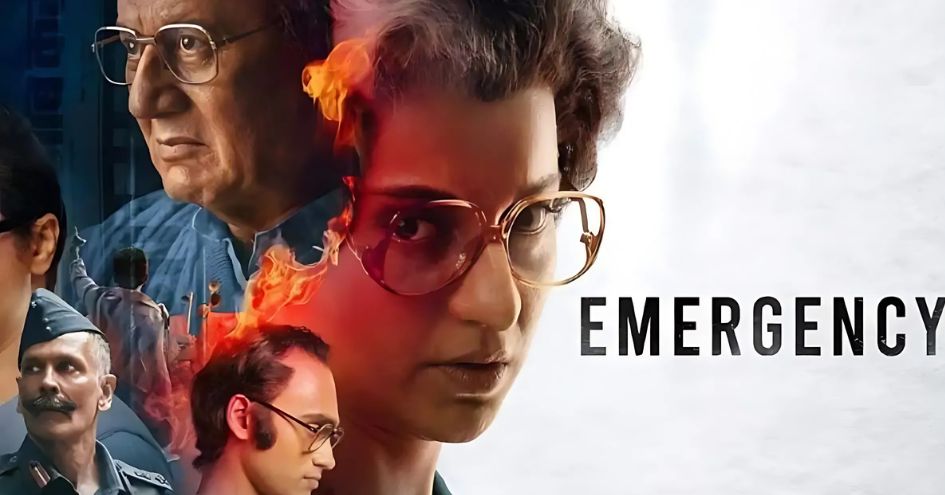
Movie Name: Sankarabharanam
Year: 1980
Director: K. Vishwanath
Genre: Musical
The film opens with a quick and heady jugalbandhi by a 10-year-old boy and a co-passenger aboard a slow-moving boat. The mundane sounds from water pots, silver saavi kotthu and matchbox are turned into coherent musical notes, thus becoming a music. Sit back and let the music flow through you. Director K. Vishwanath’s legendary ‘Sankarabharanam’ remains an epitome of path-breaking cinema. He challenged the mainstream commercial movie arena with a movie that was purely based on music.
The protagonist of the movie is neither Sankara Shastri (J. Somayajulu), a seasoned musical exponent, nor the danseuse Tulasi (Manju Bhargavi) or even her son young Sankara (Thulasi). Music is the heart and soul of the movie. Interestingly, mellifluous notes and silence overpower the dialogues. For instance, if you touch any part of Sankara Shastri’s house, silence slowly breaks into melodious notes.
What could be the fine line that links a strict and staunch vocalist to a musically- inclined danseuse forced into flesh trade? Music, devotion and adulation. Tulasi adores and reveres Sankara Shastri. Sankara Shastri bears a soft corner for her and supports her in troubled times. Their connection goes beyond words but is defined by powerful silence.
Sankara Shastri is a man of many colours. He firmly holds on to his beliefs and roots while he is also open-minded. The no-nonsense guru will not accept young Sankara as his disciple unless he dedicates himself wholly to the art. He wants to get his daughter married to a man who is well-versed in music. This strict vocalist is miffed at his daughter when she sings a wrong musical note.
On the other hand, he is quite liberal in case of Tulasi and allowing her to stay at his place. Born into a lineage of flesh trade, Tulasi wants to break-free from the fetters and express herself through her dance and music. She sees an ideal mentor in Sankara Shastri. He respects her passion and that empowers her. While Tulasi remains queasy at Sankara Shastri’s house, he calmly states that being abused does not mean that a woman has lost her chastity. He deems Tulasi to be as pure as his music. Fate takes a turn when she is forced to flee to another city. She returns after 10 years with her son, Sankara.
Young Sankara is the voice between Tulasi and Sankara Shastri. He is cheerful, outspoken and lively. Musically-inclined by nature, he is sent by his mother to become Sankara Shastri’s disciple. He is initially rejected by Shastri because of his blind inclination towards Western music and his non-serious attitude. Once he proves his passion for classical music, Sankara Shastri embraces him with open arms.
The director intersperses the journey of the characters with the inclination towards Western music. This also hints at the modernization of the society through the eyes of different generations. For instance, young Western music fanatics constantly mock of classical music and Sankara Shastri as being ancient. But he proves his mettle by effortlessly rendering a rather complicated western musical note. He ends that sojourn by remarking that every form of music is the same.
Even Carnatic music singers try to give a western and modern touch to Saint Thyagaraja’s compositions. (Remember the infamous remixed rendition of ‘Brocheva’ by one of the neighbours of Sankara Shastri?). Sankara Shastri represents the deep-rooted and non-compromising generation while his daughter Sharadha represents modernity. She sticks to her classical musical roots however she is also embroiled in the new wave.
Every character in the movie is intelligently etched. This epic movie is a treat for music lovers as well as movie lovers. It is a beautiful mélange of emotion, music, silence, romance and reality. A true tribute to the silver screen.
Janani Rajeswari is a freelance journalist who feels writing is a way of staying happy and positive. She teaches foreign languages. She also loves music, pets, books, movies, art and craft and learning new languages.
NEXT ARTICLE

Hiphop Tamizha's "Kadaisi Ulaga Por" (The Last World War), released in 2024, transcends the typical action-packed sci-fi war movie genre. It embeds a...

Creating war films is a challenging endeavor, and capturing the emotional struggles of soldiers and their families adds an even greater layer of com...

Emergency, directed by Kangana Ranaut, is a bold and gripping political drama that delves into one of Independent India’s darkest periods: the Emergen...